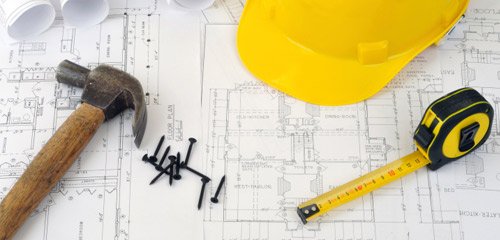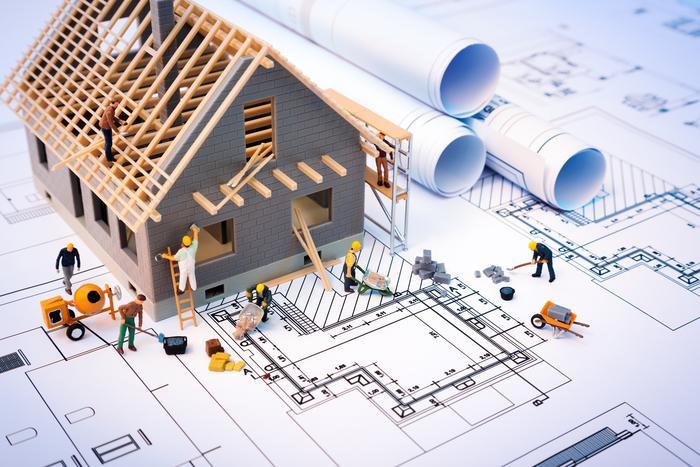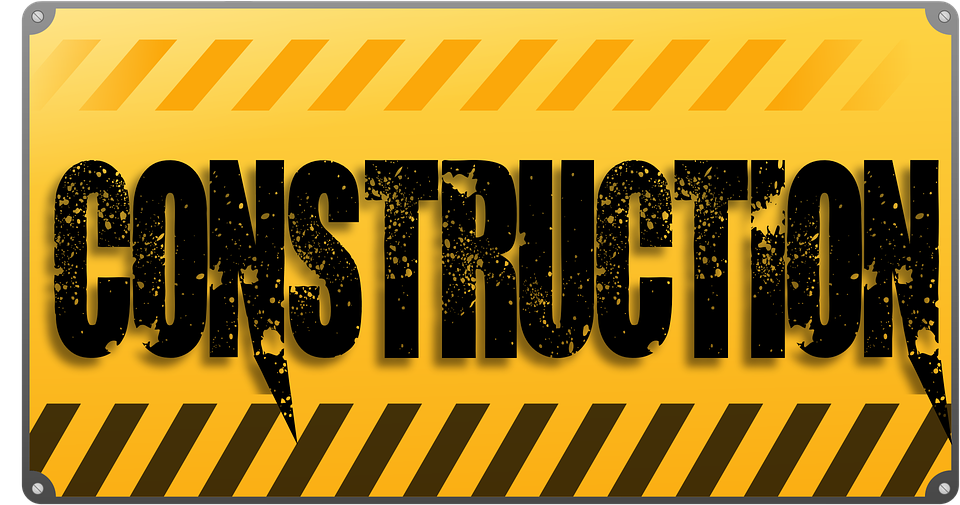
Top 5 Expert Tips for Deck Construction by San Antonio’s Finest
1. Choose the Right Materials:
The first step in building a deck is selecting the right materials. In San Antonio, where the weather can be harsh, choosing durable and weather-resistant materials is crucial. Whether it’s classic wood or modern composites, the material should withstand the local climate. San Antonio deck builders, like CCD, recommend materials that resist warping, fading, and moisture damage.
2. Proper Planning and Design:
A good deck starts with a great design. It’s essential to consider the size, shape, and layout that best fits your space and needs. Creative Concept Decks, known for their meticulous designs, suggest integrating your deck seamlessly with your home’s architecture. This approach not only enhances aesthetics but also ensures structural integrity.
3. Focus on Safety:
Safety is paramount in deck construction. This includes sturdy railings, non-slip surfaces, and proper spacing between boards to prevent tripping hazards. As one of the top-rated decking companies in San Antonio, Texas, Creative Concept Decks adheres strictly to safety codes and standards, ensuring a safe and enjoyable outdoor space for families.
4. Quality Craftsmanship:
The longevity and appearance of your deck heavily depend on the quality of craftsmanship. Precise measurements, expert joinery, and attention to detail are key factors. With experienced San Antonio deck builders like those at Creative Concept Decks, you can expect top-notch craftsmanship that stands the test of time.
5. Regular Maintenance:
Finally, maintaining your deck is crucial for preserving its beauty and functionality. Regular cleaning, sealing, and inspection for any damages go a long way in extending your deck’s lifespan. Creative Concept Decks can provide guidance and services to keep your deck in prime condition year-round.
Conclusion:
Building a deck is a significant investment in your home. By following these top tips and working with renowned builders like Creative Concept Decks, you can ensure that your deck is not only beautiful but also safe, durable, and a valuable addition to your home.


 December 9, 2023
December 9, 2023 








